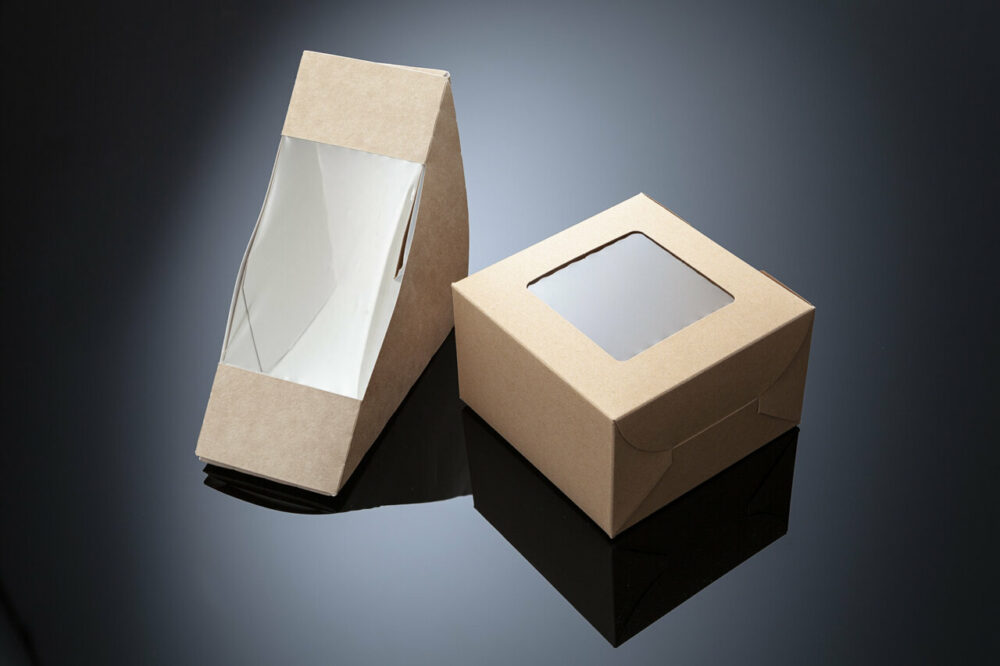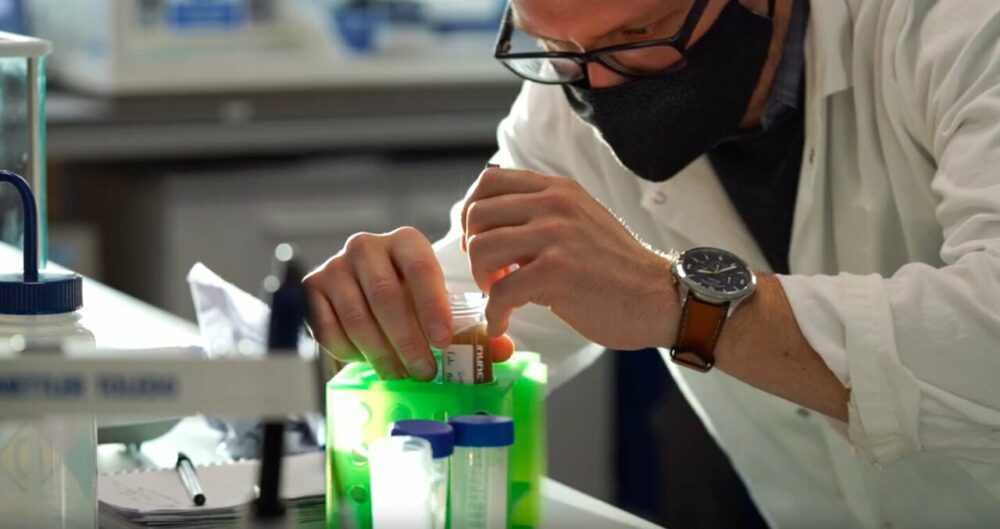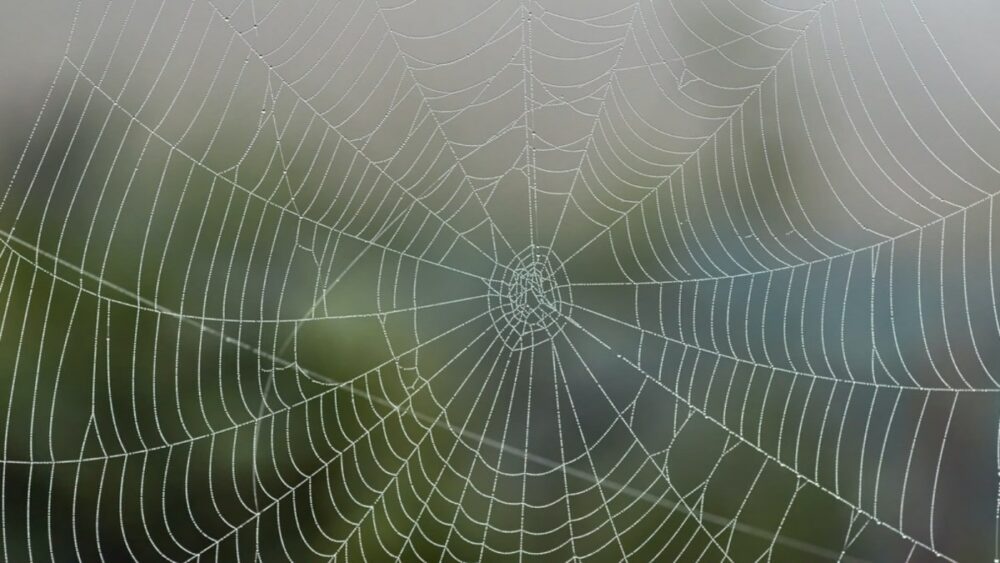‘Vegan Spider Silk’ – A Sustainable Replacement for Single-Use Plastic
A lab-created, plant-based material that mimics spider silk is the new prospect to replace single-use plastic for several consumer products. This ‘vegan spider silk’ successfully mimicked the self-assembling microstructures of the spider silk – the reason for its incredible strength.

Image: Phys.org
According to a study, this material was demonstrated at the University of Cambridge, where researchers used an energy-efficient approach to accumulate plant proteins into this eco-friendly plastic alternative.
The free-standing film created can be dyed and scaled for industrial use and easily composted at the end of its life. The strands might seem delicate but their strength is nearly 5 times greater than steel.

Image: Phys.org
Professor Tuomas Knowles explained that because proteins are made from polypeptide chains, the right conditions cause plant proteins to self assemble like spider silk. The plant protein is dissolved in a solution creating a strong fiber through a spinning process, which requires very nominal energy.
Also Read: Bio-Based Plastic Made From Spider Silk and Wood
One of the obstacles that researchers faced was that plant protein is not easily soluble. So they developed an eco-friendly method to dissolve soy protein in a mixture of water and acetic acid. Once the solvent is extracted, the soy protein reassembles – creating a plastic-like film.

Photo: Krishanan Chopra
The study also reflected that the strength of the material resonates with high-performing engineering plastics. Unlike single-use plastic, these sustainable alternatives can be composted at home as there are no chemical modifications or toxic elements.
This new product is planned to be commercialized through spin-off company Xampla, which focuses on developing sustainable alternatives to microplastics and single-use plastics. The company also came up with products to replace plastics in laundry detergent tablets.

Image: Plant Based News
Researchers acknowledged the vegan spider silk, stating that plastic pollution is a global issue. The team is glad to come up with a product that is sustainable, energy-efficient, and scalable to replace single-use plastic.
Via: Green Matters


